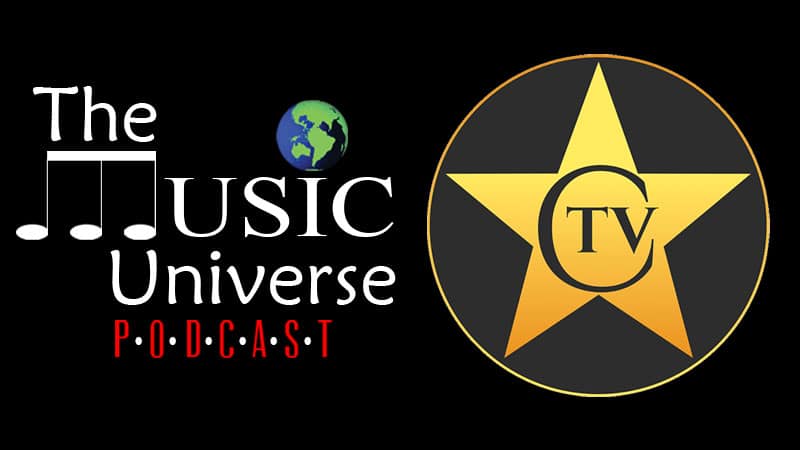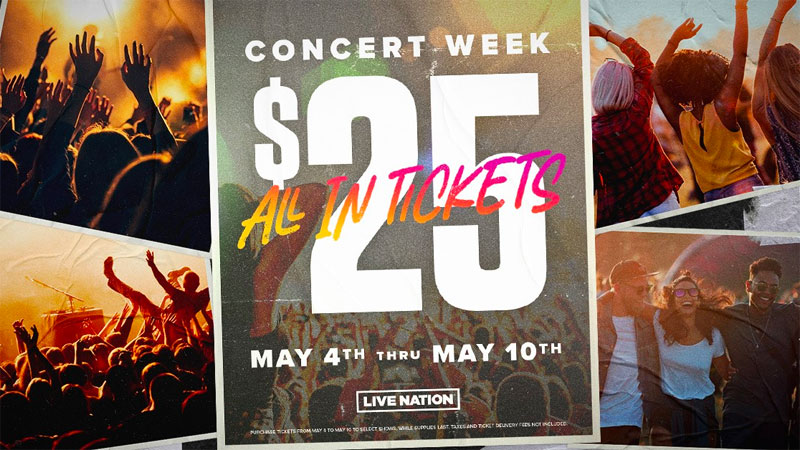“Congress shall make no law…abridging the freedom of speech”
Congressmen Hank Johnson (GA-04) and Jamaal Bowman (NY-16) have introduced the Restoring Artistic Protection Act (RAP Act) to protect artists from the wrongful use of their lyrics against them in criminal and civil proceedings. The legislation is the first bill of its kind at the federal level and is aimed to protect artists’ First Amendment rights. The RAP Act adds a presumption to the Federal Rules of Evidence that would limit the admissibility of evidence of an artist’s creative or artistic expression against that artist in court.
Since 2020, prosecutors in over 500 criminal cases have used artists’ lyrics as evidence against the artist.
“Freedom of speech is the constitutional foundation the framers thought necessary to enable a new and free society to craft not only its own destiny through commerce and innovations, but through culture, expression, and art,” states Rep. Johnson. “It is no longer enough that the Bill of Rights guarantees that freedom: without further Congressional action, the freedom of speech and of artistic expression present in music will continue to be stifled, and that expression will be chilled, until the voices behind that protected speech are silenced. I thank my colleague Congressman Bowman for joining me in co-leading this legislation.”
“Rap, hip hop and every lyrical musical piece is a beautiful form of art and expression that must be protected,” shares Rep. Bowman. “I am proud to introduce the RAP Act alongside Rep. Hank Johnson. Our judicial system disparately criminalizes black and brown lives, including black and brown creativity. For example, Tommy Munsdwell Canady is a young 17-year-old kid serving a life sentence whose conviction heavily relied upon lyrics he wrote. I was deeply moved to hear that Mr. Canady continues to pursue his art in the face of our carceral systems that would otherwise stifle black art. He is not an outlier. Evidence shows when juries believe lyrics to be rap lyrics, there’s a tendency to presume it’s a confession, whereas lyrics for other genres of music are understood to be art, not factual reporting. This act would ensure that our evidentiary standards protect the First Amendment right to freedom of expression. We cannot imprison our talented artists for expressing their experiences nor will we let their creativity be suppressed.”
The First Amendment guarantees the right to freedom of expression. But freedom of expression is stifled when safeguards are not in place to ensure that an artist’s art is not wrongfully used as evidence against that artist. The RAP Act puts those safeguards in place to ensure that First Amendment protection is a reality for all artists in America.
“Freddie Mercury did not confess to having ‘just killed a man’ by putting ‘a gun against his head’ and ‘pulling the trigger.’ Bob Marley did not confess to having shot a sheriff. And Johnny Cash did not confess to shooting ‘a man in Reno, just to watch him die,'” as stated in last year’s Bey-Cousin v. Powell case in Pennsylvania.
The bill has the support of record labels and many other music groups, including The Recording Academy (the GRAMMYs), Recording Industry Association of America (RIAA), Universal Music Group, Sony Music Group, Warner Records, Atlantic Records, Warner Music Nashville, Artists Rights Alliance, SAG-AFTRA, BMAC (Black Music Action Coalition), MAC (Music Artists Coalition), SONA (Song Writers of North America), 300 Elektra Entertainment, Warner Chappell Music, Warner Music Group, Warner Music Latina.




